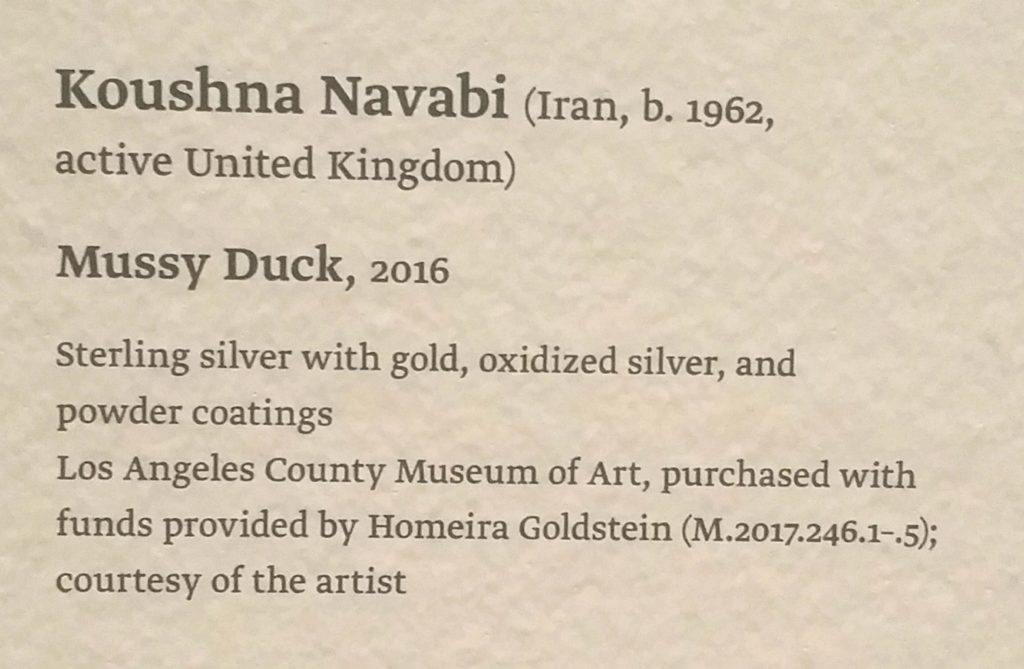Sports are peculiar institutions. The rules of the games have to come from somewhere and big network externalities encourage everyone to follow them. But the competitive/collaborative associations of profit-making enterprises (teams), players, and leagues have to improvise their governance, often across international legal jurisdictions, and it doesn’t always work right.
Rules sometimes change, for good or ill. Tennis players used to be obliged to wear white; now anything goes. Technology keeps motor racing and sailing rules in flux. Baseball tried to increase scoring and home runs for fan appeal by (ill-conceived) ideas like lowering the pitcher’s mound and the designated hitter, and (better) ideas like speeding up the game by limiting mound visits. The three-point field goal changed basketball so historical statistics are hard to compare to today’s, but the game is no worse for it, in my inexpert view actually better. Games with tradition properly have a big flywheel on rule changes, but (i) making the games more fun to watch, (ii) player safety, and, importantly, (iii) high correlation between playing better and winning, are legitimate grounds for tuneups and innovation. [On (ii); college football was substantially revamped a century ago because players were getting killed, and the implications of what we’re learning about concussion risk in football and soccer are still unfolding.]
Now, soccer (outside the US, football). For people who might want to watch the World Cup matches, here is a quick guide, soccer for dummies: twenty players kick a ball down a large field with lots of passing and possession changes, and many one-to-one duels; eventually one player kicks the ball over, or to the side of the goal (or doesn’t), and everyone runs the other way. Repeat this sequence to the point of stupefaction…except that once during the game (typically) the ball goes in one of the nets. If it’s not a complete mismatch, this occurs when some cosmic roulette ball lands on a secret number, and has nothing to do with the quality of play overall.
Today, Russia 1-1 Spain, wins by one penalty kick. Croatia 1-1 Denmark, ditto. Four hours of actual play could not establish any team’s superiority on the day by scoring, and all the marbles went to coin-flips (do I jump left or right? Could we just play scissors/paper/rock instead?) each between 0.9% of each team.
The World Cup results to now are full of 1-0 games and ties. There’s even a famous song (1919) about a 1-0 game https://www.youtube.com/watch?v=yLAh6-nxtk4 . What we have here is an athletically and strategically excellent, pure, simple, game, played and loved by millions-ruined for serious competition (including medium-to-high-level amateur play) by not enough scoring, a deficiency that could be easily remedied by adding about a yard (maybe two) to the width of the goal.
Fixing this can’t be a matter of evolution or coaching, and confronts a minor installed-base problem (all the physical goals all over the world needing to be replaced or modified) plus the aforementioned flywheel (“we’ve always done it this way, all our skills are based on the current goal, etc.”). It also requires a functional governance structure, and what that would be for a game played from tot to geezer levels, in dozens of countries, with a multi-billion-dollar pro business is very hard to see. The Swedes switched from left-side to right-side driving, but Sweden is a country with one government. Maybe the fix could start with US colleges, which at least have an NCAA; maybe one of the European leagues could take the plunge. It doesn’t put existing soccer skills at risk of obsolescence, and it would sure improve the game; how you play for an hour and a half ought to have something to do with whether you win. [minor edits and corrections 1/VII/18]

